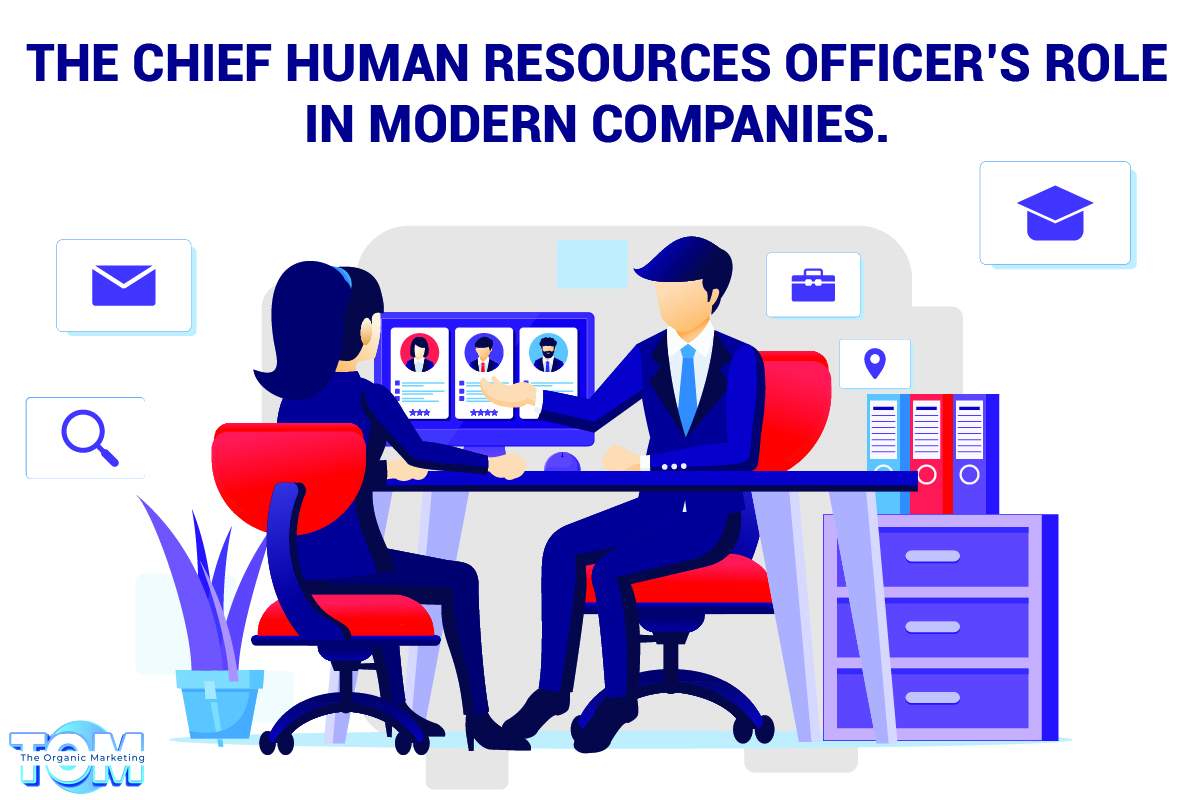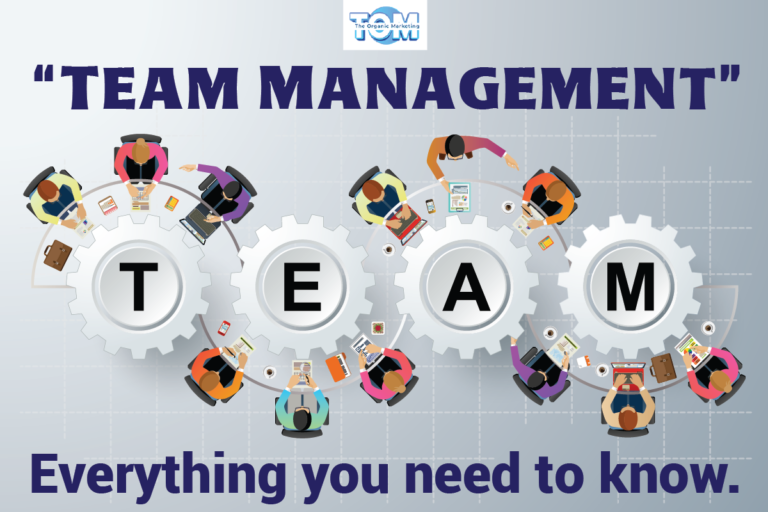Examining the Chief Human Resources Officer’s Role in Modern Companies
The Chief Human Resources Officer’s (CHRO) responsibilities have changed dramatically over time. Organizations recognize the essential value of excellent human resources management in today’s competitive business climate, and the CHRO plays an integral part in the creation and execution of HR strategy. We will examine the most significant aspects of a CHRO’s job in this blog, including the responsibilities they have, team members, necessary training, and the average salary in India.
Who are CHROs?
The senior-level executive known as a Chief Human Resources Officer (CHRO), often referred to as the Chief People Officer (CPO), is in charge of managing each division of the human resources department inside an organization. They act as a strategic partner to the CEO and executive team, contributing knowledge about people management and promoting ideas that are in line with the general aims and objectives of the business. The CHRO is responsible for making sure that the company attracts, develops, and retains top people while promoting a great workplace culture.
How do CHROs work?
CHROs collaborate closely with important stakeholders to match HR objectives with the broader business plan of the organization. They assess the needs of the company, create HR policies and procedures, and put into place programs that promote diversity and inclusion, employee relations, talent acquisition, performance management, training and development, and employee engagement. CHROs cooperate with other C-level executives to develop a harmonious and effective workplace.
Responsibilities of a CHRO
A CHRO is charged with several different and specialized duties. They comprise:
- Planning for HR strategy: CHROs create long-term HR plans that complement the aims and objectives of the company. They design succession plans, foresee future talent requirements, and develop organizational growth strategies.
- Talent retention and acquisition: CHROs manage the hiring and selection process to make sure the company only hires the best candidates. They create efforts to keep and engage workers, as well as efficient onboarding processes.
- Development and learning: By defining training requirements, creating development programs, and ensuring that staff members have access to the tools they need for development and skill improvement, CHROs support a culture of continuous learning.
- Benefits and remuneration: To draw in and retain employees, CHROs create plans for competitive pay and benefits. They regulate how employee benefit programs operate. They also guarantee fair and equal compensation practices.
Members of a CHRO Team
To effectively carry out their responsibilities, CHROs rely on a skilled HR team.
- Recruitment Specialist/Manager: They oversee all aspects of the hiring process, including job postings, candidate screening, conducting interviews, and drafting employment contracts.
- Talent Acquisition Manager: They focus on building networks, sourcing techniques, partnerships with external talent pools, and strategic recruiting.
- Talent Management Specialist/Manager: High-potential people inside the organization are to be found and developed through this position. To foster and retain top performers, they build talent development programs, succession plans, and career pathing initiatives.
- Learning and Development Specialist/Manager: Designing and implementing training and development programs to improve employees’ talents is the main responsibility of this role.
- Compensation and Benefits Specialist/Manager: They carry out pay evaluations, create and execute pay structures, manage employee benefits programs, and make sure that relevant regulations are followed.
- Employee Relations Specialist/Manager: This position deals with issues relating to employee relations, such as processing grievances, resolving conflicts, and implementing employee engagement programs.
- HR Analytics Specialist/Manager: They gather and examine HR data, produce insights, and create metrics and dashboards to track important HR indicators including turnover rates, employee engagement levels, and diversity measurements.
- HR Business Partner: They work together with corporate executives, ascertain their needs, and match HR strategies with those objectives.
- HR Operations/Shared Services Manager: This position is responsible for managing the operational aspects of HR, including payroll administration, HR policies and procedures, adherence to labor regulations, and upkeep of employee records.
- HR Communications Specialist/Manager: They design communication strategies, produce HR-related material, and make sure that information about HR projects, programs, and policies is effectively communicated.
Skills and Qualifications for a CHRO
An experienced CHRO integrates leadership, strategic thinking and HR expertise. They frequently have substantial HR management expertise, including in senior positions in many firms. Furthermore, the following skills and qualifications are frequently required:
- Education: The majority of CHROs have a bachelor’s degree in business administration, human resources, or a similar discipline. Advanced degrees, such an MBA or a master’s in human resources, might be helpful.
- HR understanding: CHROs need to be well knowledgeable about HR procedures, rules, and legislation. They have to be abreast of new developments and industry best practices in the HR sector.
- Strategic analysis: CHROs need to be strategic thinkers who can connect HR activities to the entire business strategy of the company. They should be able to foresee talent requirements in the future and create proactive plans to solve them.
- Skills in influence and communication: CHROs must have outstanding interpersonal and communication skills to interact successfully with staff members, senior management, and external stakeholders. They must be skilled in persuading and influencing people to bring about good change.
Average Salary of a CHRO in India
Depending on the industry, company size, location, and personal expertise, the standard compensation of a CHRO in India might vary. In general, CHRO salaries are greater in large organizations or global corporations. A CHRO’s average yearly compensation in India is between INR 2,500,000 and INR 6,000,000, with performance-based benefits and bonuses.
In managing an organization’s most valuable asset, its people, the chief human resources officer’s position is significant. In today’s dynamic and demanding corporate environment, CHROs who have the appropriate abilities, credentials, and experience play a critical role in determining the success and growth of organizations.
For more details on the role of Chief Human Resources Officer (CHRO), contact The Organic Marketing today!







